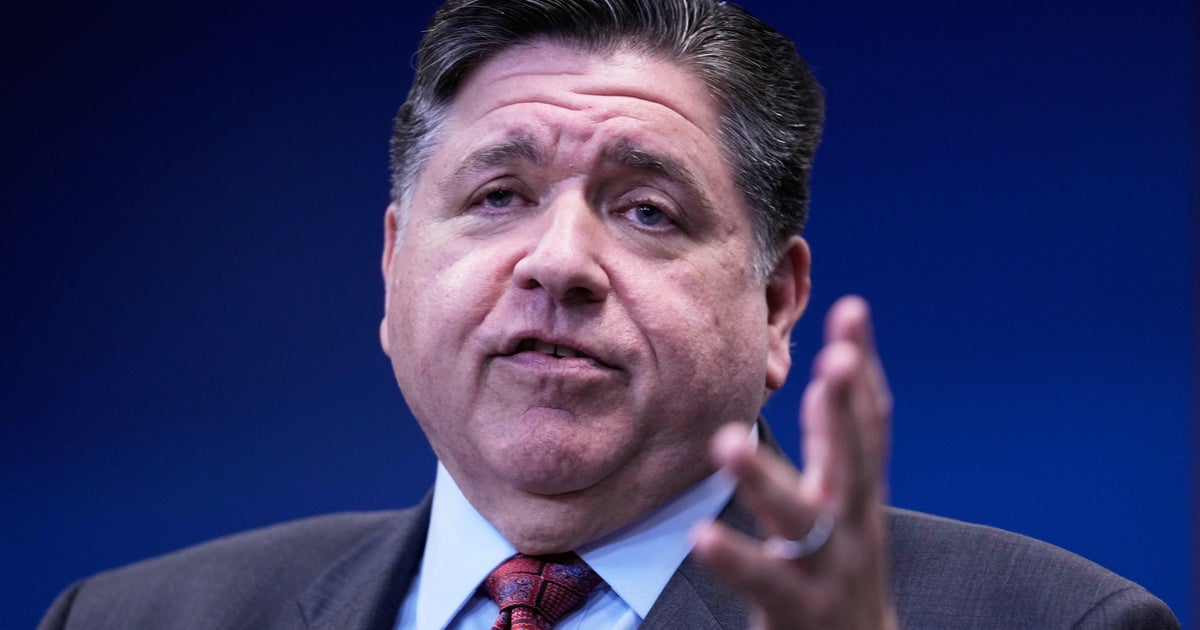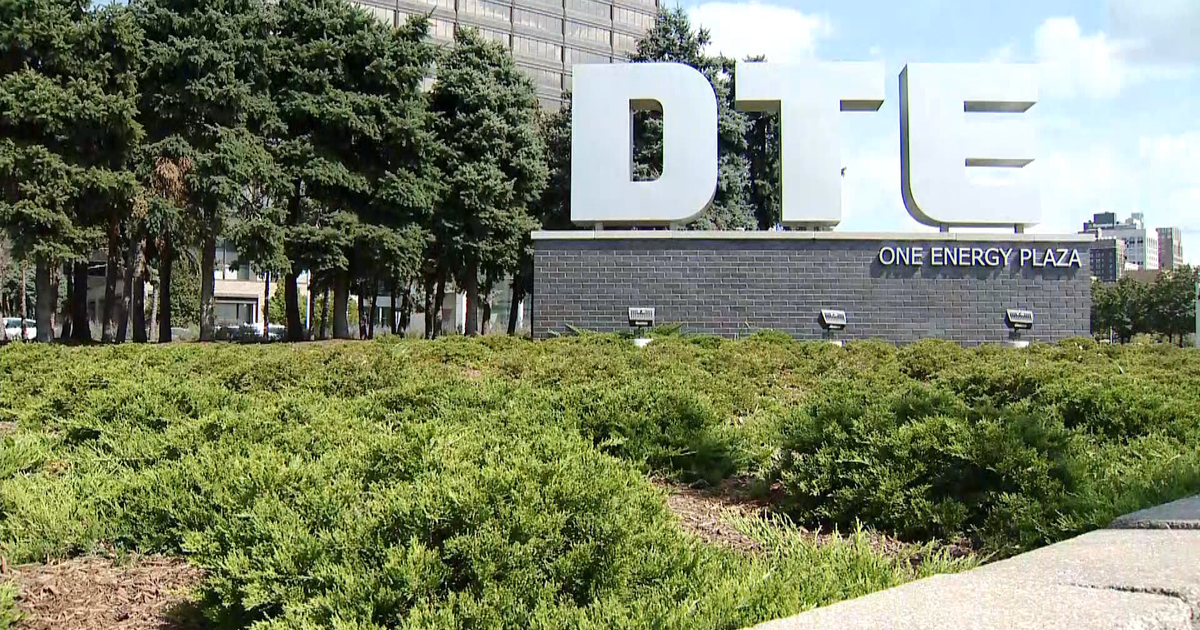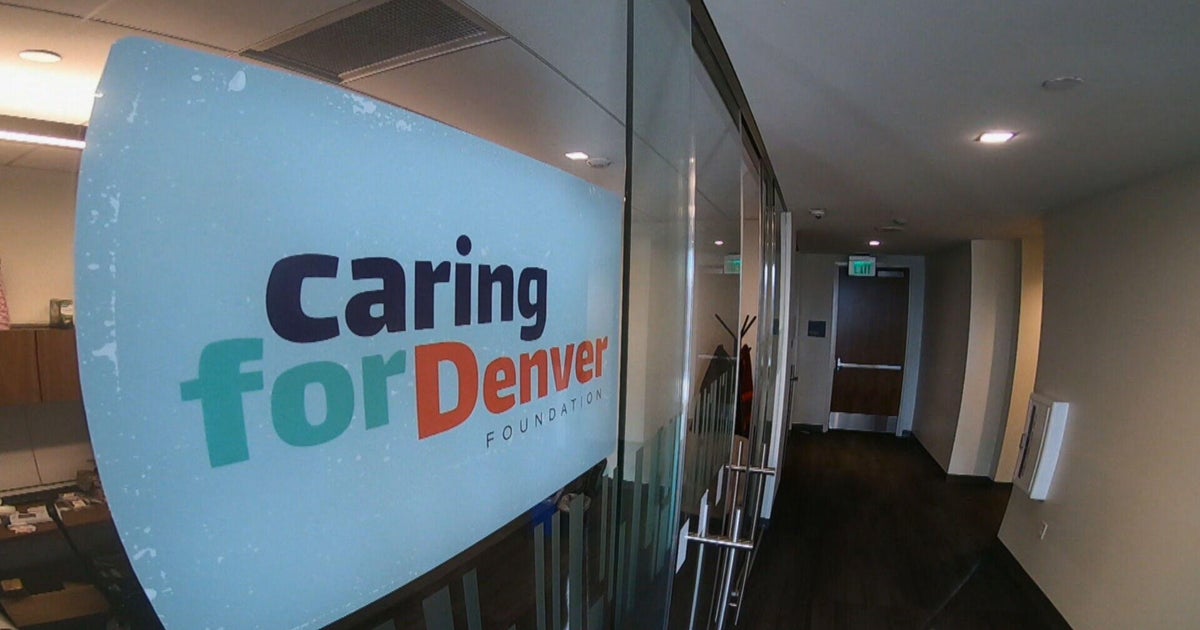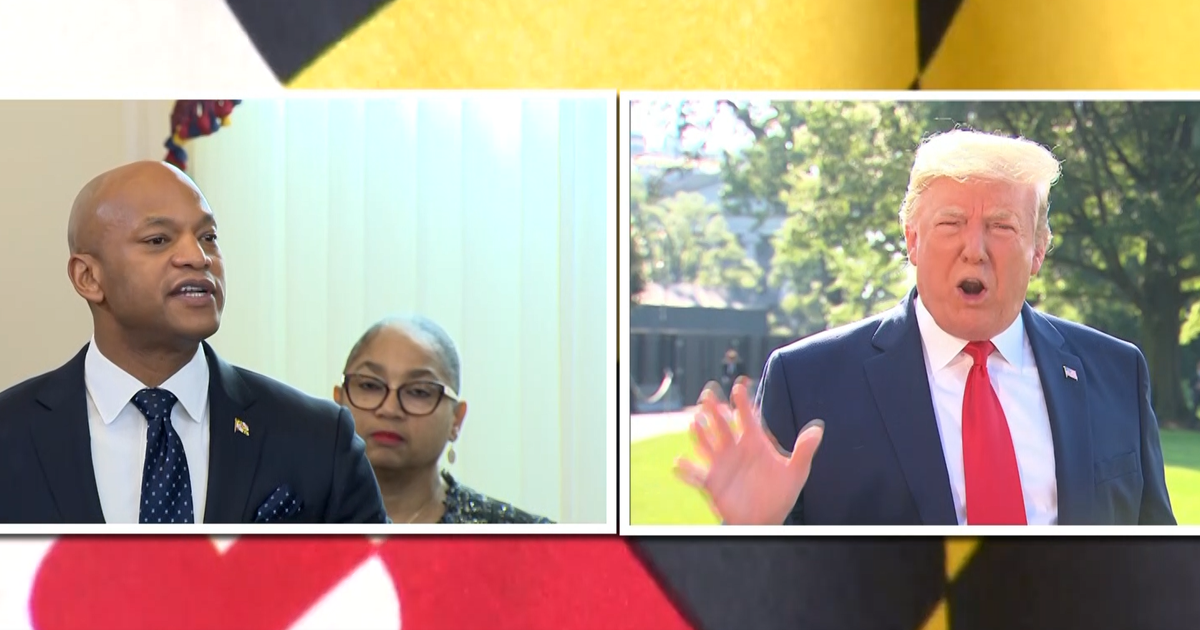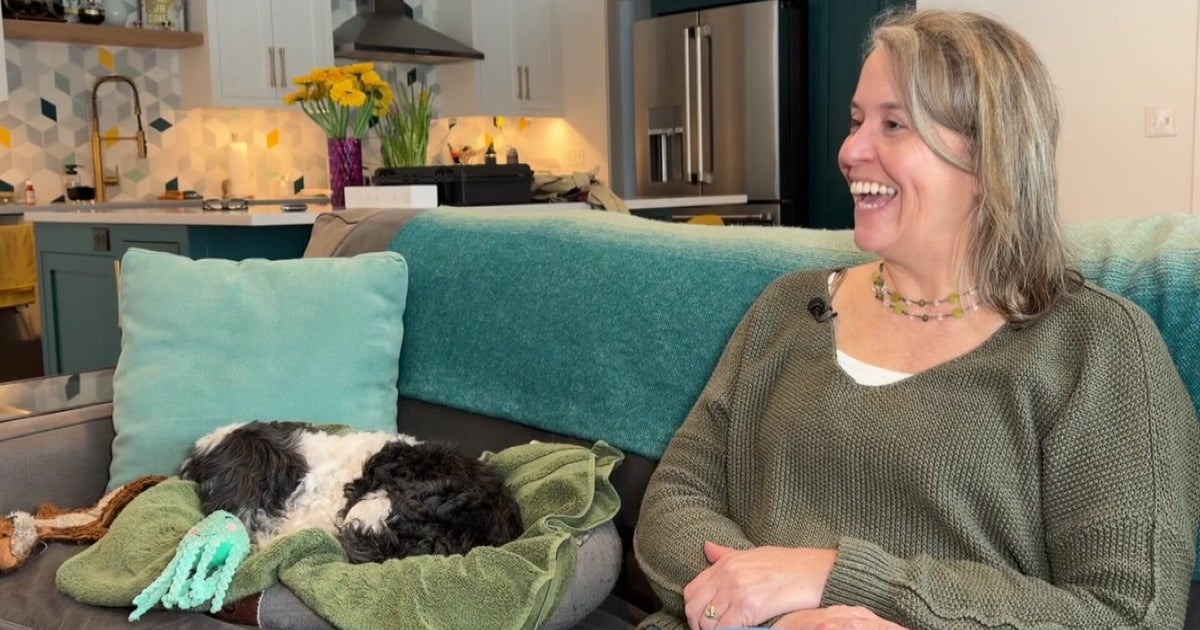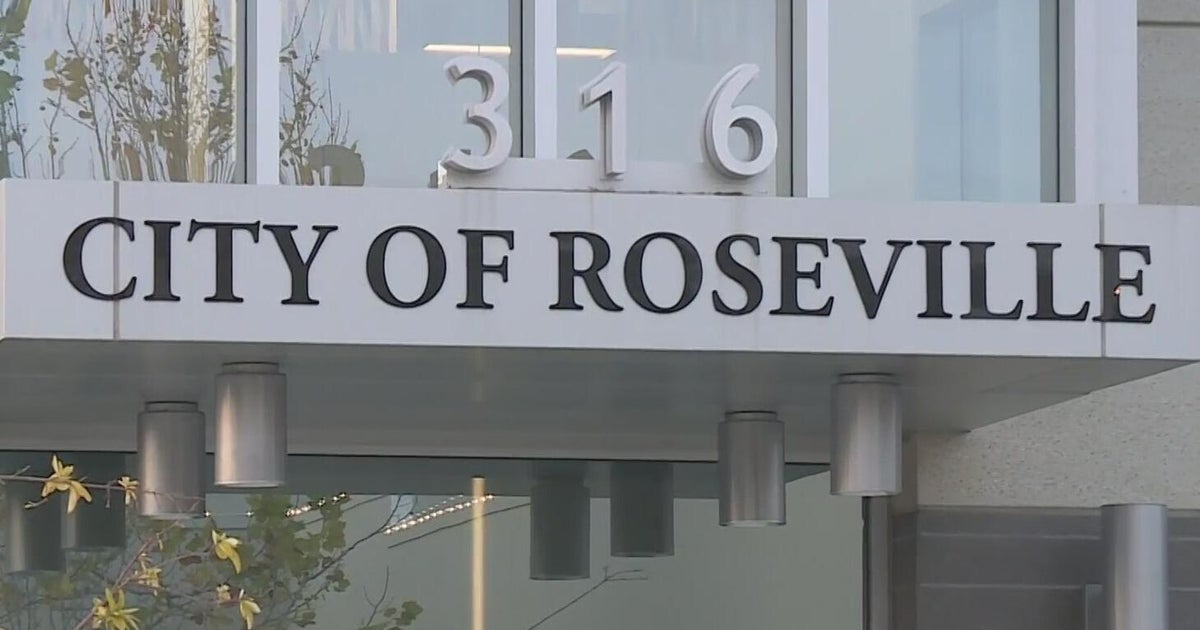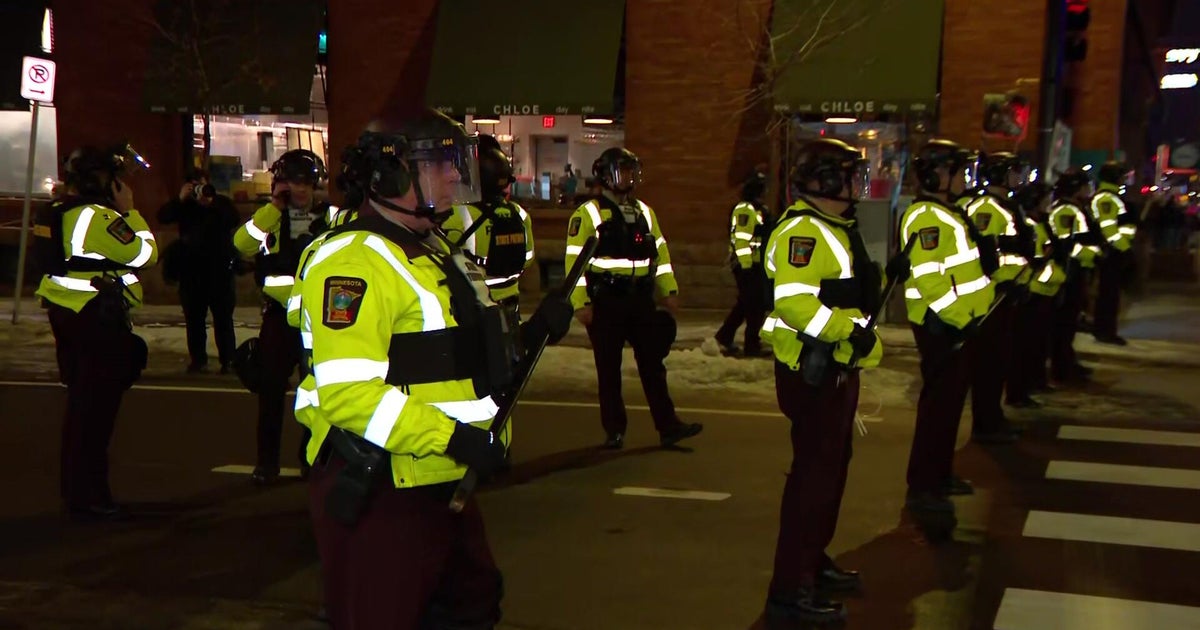D.C.'s Nickel-A-Bag Fee Nets City $2 Million So Far
WASHINGTON (AP) -- Washington shoppers have spent approximately $2 million on paper and plastic bags in the past year, one nickel at a time.
The city's 5-cent tax on bags began in January of last year, but consumers spent much less pocket change than predicted to pay for bags from grocery, liquor and convenience stores. City officials had guessed the fee would raise $3.5 million to clean up the city's Anacostia River before the end of 2010. The tax brought in a total of $1.9 million in the first ten months of 2010, the latest data the city has.
City officials said they were surprised so many consumers appear to have changed their habits, bringing reusable bags to carry everything from milk and eggs to shampoo and toilet paper. A city official said the fee has already made a positive impact by reducing the amount of garbage in the river.
"In a town where we talk about trillions of dollars all the time it's amazing the power a nickel has," said Christophe A.G. Tulou, the director of the District Department of the Environment, which is charged with spending the bag money to benefit the Anacostia River.
A report on the Anacostia prepared two years ago found plastic bags made up about half of the trash in the river on the city's east side. This year, an environmental group that does an annual river cleanup said it collected a third as many bags as it did in 2009.
The head of a nonprofit watchdog group for the river said it's hard to explain that difference without looking to the bag bill.
"There's still trash in the river, but I do see fewer plastic bags," said Dottie Yunger, the executive director of Anacostia Riverkeeper.
City officials estimated that before the fee residents used about 270 million bags a year at grocery and convenience stores. For 2010, residents are on track to use around 55 million bags. Retailers, meanwhile, are telling city officials they are buying half as many bags.
Yesim Yilmaz, a city employee who helped estimate the amount of money the city would collect from the new fee, said it was difficult to predict customers' reactions to the charge. San Francisco became the first U.S. city to ban plastic bags in 2007, a move followed by about a dozen other cities and counties nationwide, but Washington's bag fee has few precedents.
As a result, city officials looked to bag taxes in Ireland and Denmark as well as a charge imposed by the Swedish furniture retailer Ikea to gauge consumer reaction. Ikea began charging five cents for plastic bags in 2007, resulting in a more than 90 percent drop in bag use in the first year. Washington officials didn't think they'd see as dramatic a decline.
"I think we failed to take into consider the emotional reactions," Yilmaz said. "There were stories of people balancing 20 things on their hands."
As for where the tax money has gone, the District Department of the Environment says it has so far spent about $228,000, largely for outreach programs that include giving away free reusable bags to residents.
Washington resident Jewelyn Sanders, 57, said she occasionally brought bags with her to stores before the bag fee, and that frequency has since increased to about a quarter of her shopping trips. She says she's resolved to do better in 2011.
"I'm going to keep them by the door," said Sanders, who toted a collection of bags for a Christmas Eve shopping trip.
